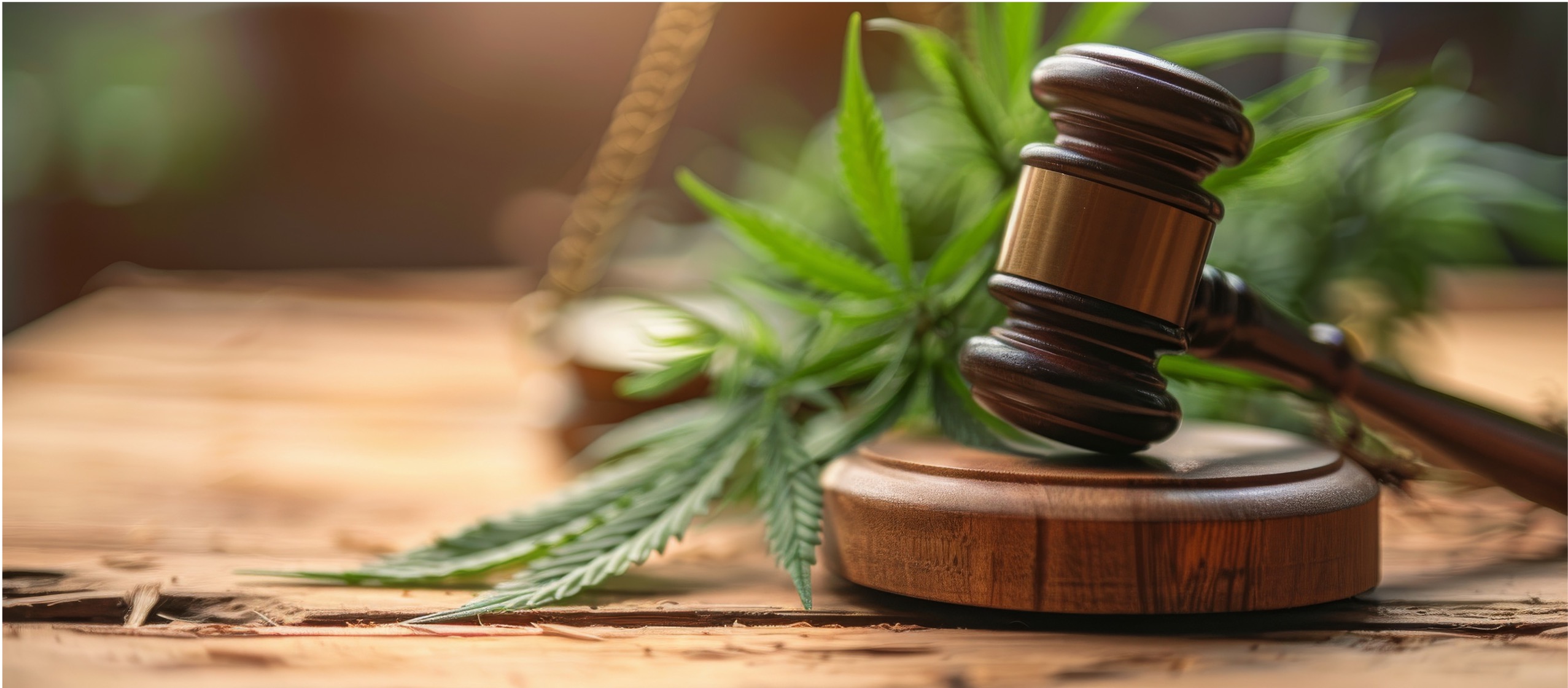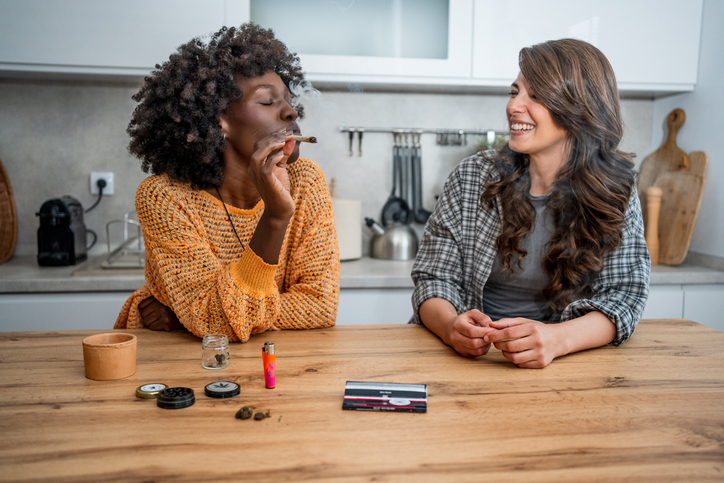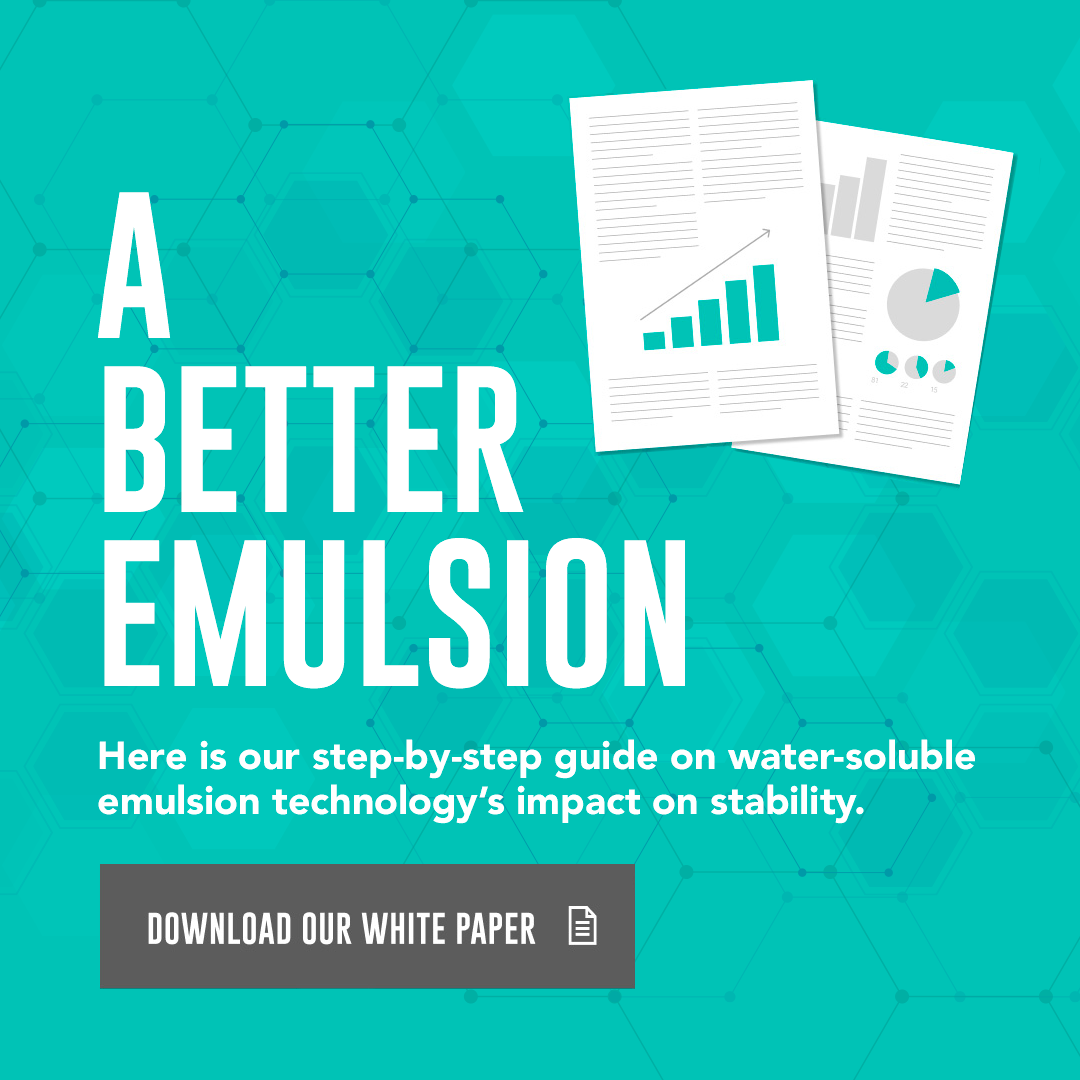For states at least, medical cannabis seems to be a gateway drug. Many states begin by passing medical marijuana laws, then, when the fabric of society does not collapse, recreational laws come into play a few years later.
In Washington, Initiative 692 allowed medical patients with a very specific list of qualifying conditions and a doctor’s authorization on tamper-proof paper to donate cash for cannabis at “collective garden access points” (what people typically call dispensaries). The euphemisms are were rich and reminiscent of requesting a “water pipe” at a head shop because if you say “bong” they will kick you out. But all this talking-around-the-fact was necessary to cajole prohibitionists to engage in a social experiment to prove that a readily available plant that has been used medicinally for over 5,000 years, that almost everyone has tried with no ill effects, should be legal for purchase. Casting cannabis as medical was able to engage the empathy of voters in a way that recreational was not; the designation of medical lent legitimacy to the movement.
Initiative 502 was approved in 2012, by which time the presence of dispensaries was common in Seattle. It legalized recreational use of cannabis for adults over the age of 21 while ostensibly maintaining a parallel system for medical patients, most of whom were strongly against the initiative. Their reasons for that involved fear that medical needs would be subsumed by market forces, and those fears indeed iterated out over the next few years. On the supply side, there were no designated medical products because the regulatory requirements were too high—why go to the extra work and expense of being certified medical when producers could sell the same product to the same customers under the recreational heading? Similarly, on the patient side, medical authorization became increasingly expensive and irrelevant. It gave no additional access to products; it only allowed patients to receive better guidance from medically certified budtenders. Under these circumstances, market forces prevailed and the products that medical users needed became harder to find. (Working as a medical consultant at the time, my heart broke daily when parents came in looking for 20-to-1 CBD RSO to treat their child’s epilepsy, and I had to tell them we were out of stock, again.)
As terrible as I-502 was for patients using cannabis to treat a specific condition, it did call into question what exactly the difference between medical and recreational use is, and whether that distinction was any longer useful or necessary. It is obvious that many people are using cannabis medicinally who might identify themselves as recreational users and vice-versa. But stepping back, the bigger question is: Where is the line between pleasure and relief? And perhaps: Can pleasure be medicinal in and of itself?
Most substances we use for pleasure also have medicinal effects—nicotine regulates mood, improves cognition, protects against Parkinson’s disease and may help treat Alzheimer’s, for example—but I question the dichotomy itself.
The Puritan roots of American culture codified that if it feels good, it is morally bad. Enjoyment is something you apologize for, compensate for, separate from daily experience. We party on the weekend, after work. Hedonism means laziness. Sexual health is different than regular health. Massage is not covered by insurance.
When we try to remove all traces of enjoyment from the healing process, pleasure becomes a side effect. The Opioid Crisis comes, in part, from our cultural unwillingness to acknowledge that feeling good is sometimes how medicine works; people using prescription painkillers are blindsided by the pleasure. We warn that drugs are “habit-forming” but we don’t talk about why. The practice of self-medication is derided. We don’t have a cultural framework that legitimizes pleasure in a way that would allow us to discuss dependency constructively. Instead we have a culture of shame that pushes the pursuit of pleasure to the margins despite pleasure being a primary biological motivator for pretty much everything.
Going back to the cannabis industry, the legalization of cannabis has aligned with the cultural zeitgeist in such a way that there is potential to see the conversation around self-medication shift. We are dealing with a health care crisis in which prescription medications are more expensive than effective street alternatives. (Certainly cannabis has occupied this space for a long time, and the positive effect it has had on opioid abuse has been well documented). For Millennials, and the generation after us, topics like psychiatric medication and harm reduction have been significantly de-stigmatized. The idea that healthy, successful people often take medication is not weird to us. Marginalized groups and particularly disability activists have achieved increased visibility and acceptance. Simultaneously, we are feeling a growing desire to understand and be in control of our health. Individualized medicine and biohacking are entering the mainstream.
This cultural shift includes and is bolstered by the de-stigmatization of cannabis. It means less need to categorize use as either recreational or medicinal. It is probably some of both, and we do not need to justify our use in any case. The future of cannabis will be less about differentiating medicine from pleasure and more about ensuring access to products that treat specific conditions/symptoms in a market-driven landscape.
An individualized approach to cannabinoid treatment is on the horizon. As technology improves the reliability of dosing and the spectrum of available cannabinoids, customers will be able to choose products based on their unique needs. Evolving form factors, such as powders and pills, will make it easier to medicate with cannabis in any context.
Thanks to our acceptance of cannabis, we are poised to reevaluate the role of pleasure in medicine. Because it turns out, feeling good is good for you.





